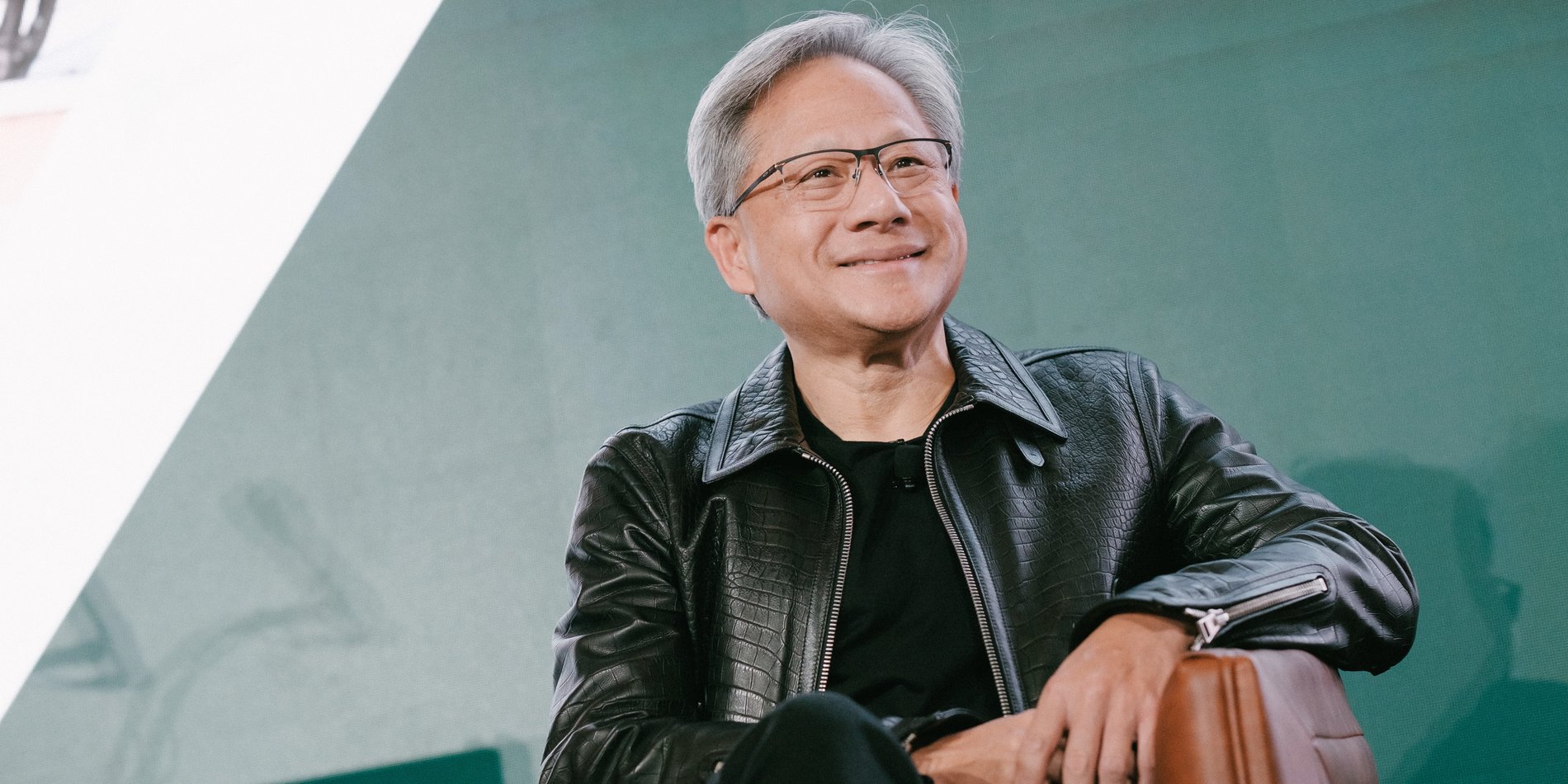Nvidia is considering launching its latest AI chips, "Blackwell," in China

Jensen Huang, the CEO of Nvidia, confirmed the "real possibility" of sending the company's latest advanced chips, known as "Blackwell," to the Chinese market, urging the U.S. government to enable American chip companies to compete globally.
Huang's remarks came during a press conference following the company's quarterly results announcement on Wednesday, August 27, where he said: "The opportunity to bring Blackwell to the Chinese market is very likely." He emphasized the central role of American companies, stating: "We just need to continue to emphasize the importance of American technology companies in leading and winning the AI race, and helping to make American technology a global standard."
Huang highlighted the strategic importance of the Chinese market, noting that it is the second-largest AI market in the world. He predicted Nvidia's share in it would grow by 50% next year, saying: "I estimate that the Chinese market will provide us with investment opportunities worth about $50 billion this year, if we can serve it with competitive products. If it reaches $50 billion this year, it is expected to grow by 50% annually."
This optimism follows intensive diplomatic efforts made by Huang personally, as he visited the White House in July and August to secure export licenses for the current generation of AI processors (H20) to China. These efforts resulted in a preliminary agreement announced by the White House in August, under which "Nvidia" will receive export licenses in exchange for allocating a share for the U.S. government estimated at 15% of the sales of H20 processors directed to China.
After the meeting, President Donald Trump expressed his openness to striking a deal regarding the more advanced "Blackwell" chips, which currently constitute Nvidia's revenue pillar from data centers. Trump had commented in August, saying: "The Blackwell processor is extremely advanced. I will not accept a deal like this," referring to the possibility of approving a deal regarding a "somewhat improved but negatively so" version of it, meaning it would be modified to be slower in certain aspects to comply with U.S. export regulations.
On the other hand, Huang warned that banning exports could have counterproductive results, emphasizing that "it is better for Chinese AI developers to use Nvidia chips rather than forcing them to use locally made Chinese options... which could spur the Chinese technology industry to catch up." This vision aligns with reports indicating that the Chinese government encourages its developers to use local chips.
It is noteworthy that Nvidia announced a 56% year-over-year growth in its revenue for the second financial quarter, reaching $54 billion, despite not selling any H20 chip to China during that period. The company reported that it released a stock of H20 worth $180 million to a customer outside China, such as sales worth $650 million. It also anticipated not relying on any sales from H20 in the current quarter within its revenue forecast of $54 billion, with the possibility of selling between $2 billion and $5 billion of these chips later depending on geopolitical variables.